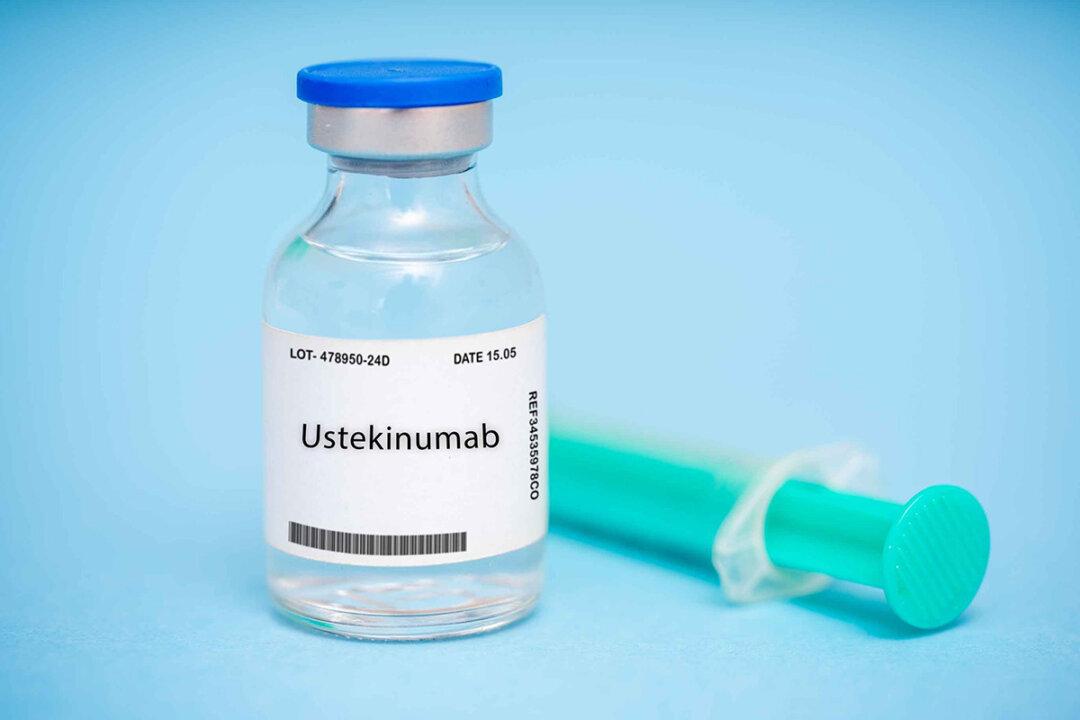A recent study shows that intermittent fasting may help women who have triple-negative breast cancer, a type with the worst prognosis due to its lack of common therapeutic targets.
“Lifestyle intervention like IF (intermittent fasting) may provide optimistic prospects to improve prognosis and survival in obesity-associated TNBC (triple-negative breast cancer), reducing obesity and potentially, the mortality burden of TNBC,” the research team wrote.
According to the study—which reviewed previous research—being overweight or obese increases women’s risk of developing triple-negative breast cancer and worsens their overall prognosis.
The survival rates for triple-negative breast cancer depend on the stage of cancer at diagnosis. Five years after diagnosis, people with local (stage 0–1) cancer have a 90 percent survival rate, while those with a distant or stage 4 diagnosis have a 10 percent survival rate.
While the study noted that the association between triple-negative breast cancer and obesity is “still controversial,” much previous research has drawn a link between the two.
For example, previous research has suggested that having excess fat tissue may influence breast cancer in myriad ways. According to Medical News Today, this tissue may encourage the body to produce excess estrogen, promoting cellular growth and spread in the breasts. Additionally, the excess fat may increase levels of leptin, a hormone responsible for maintaining weight. Too much leptin can cause weight gain. Furthermore, excess fat tissue can impair tumor immunity due to alterations to tissue structure. Lastly, too much fatty tissue can lead to oxidative stress and chronic inflammation, disrupting the body’s cellular growth and metabolic regulators.
Intermittent Fasting May Help Breast Cancer Patients
Intermittent fasting has been linked to several health benefits, including weight loss, improved immune function and insulin sensitivity, lowered oxidative stress and inflammation, and increased longevity.Regarding cancer, “IF has been proposed to exert anti-cancer properties, improve the effectiveness of chemotherapy, reduce cancer incidence, support cancer prevention, and protect against chemotherapy toxicity,” the authors wrote.
The research team looked at studies from multiple databases over 20 years. In addition, the team ran analyses on overweight mice, injecting them with human breast cancer cells. They found that obese mice had a poor overall prognosis.
However, when mice were made to fast intermittently, cancer progression began to slow and the mice’s survival rates improved. Their tumors were also smaller, their cholesterol was better, and their weight was lower, giving them a better overall quality of life.
The authors stated that intermittent fasting slowed obesity-related triple-negative breast cancer progression by several means, including disrupting cell cycles, reducing glucose and cholesterol levels, and downregulating pro-inflammatory factors. “Our results showed that intermittent fasting could be more effective in the obese condition compared to the normal condition, decreasing body weight and tumor/volume weight,” they wrote.



